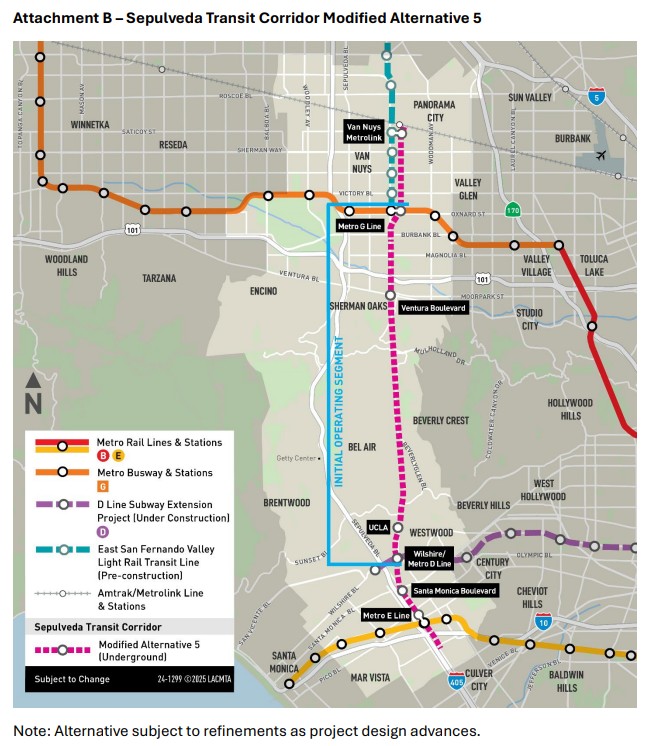In a sign of the increasing market for car-sharing, Avis car rental is expected to purchase Zipcar today for a tidy $500 million. With the acquisition, the car rental giant will begin offering short-term car rentals, as have competitors Global and Enterprise.
Car-sharing has the potential to help households make more trips via transit, biking, or walking, instead of using the car as the default choice for every trip. But is the Zipcar acquisition good or bad news for the shift to cleaner, more efficient modes? The short answer is that, at this point, it's anyone's guess and could still play out either way.
Since its founding in 2000, Zipcar has gained 760,000 members, the New York Times reports. It operates in 20 metro areas in North America and Europe, and on many college campuses.
Steven Pearlstein at the Washington Post's Wonkblog predicts that Avis will basically wreck Zipcar by making it operate more like the parent company and less like the upstart that has appealed to car-lite customers who want to avoid the expense and hassles of car ownership. He also raises anti-trust concerns, pointing to the increasing concentration of the car-rental business in the hands of a few large firms.
If Avis uses Zipcar to expand the availability of short-term rentals in areas where car-sharing can replace car-owning, however, this could turn out to be good news. (Places like the west side of Cleveland could certainly use a convenient car-sharing service, hint, hint).
Matt Yglesias over at Slate writes that the merger will put the Zipcar business on sounder footing (the company turned its first profit last year), and predicts that Avis's resources will immediately help smooth out some wrinkles in Zipcar service:
Zipcar's big outstanding problem is that demand for Zipcars is highly spiky. People who want to use a car to commute to work are going to want to own their own vehicle. And people generally need to work during weekdays. Which means that demand for spot rentals is very highly concentrated on the weekends, which makes it hard for Zipcar to manage inventory efficiently. Avis says that combining its fleet with Zipcar's will make it much easier to meet those demand peaks, as individual vehicles can switch from hourly rental to traditional rental on a day-by-day basis.
Yglesias also raises the question of whether Avis will be as active as Zipcar in lobbying for progressive policy changes like reducing parking minimums. The larger company may bring more firepower to those debates, he writes, or it may lack the same intensity of interest as Zipcar.







